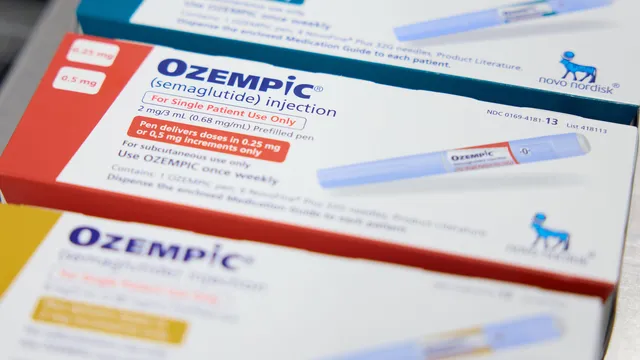According to a new study, consuming about a dozen servings of ultra-processed foods a day may double the risk of developing Parkinson's disease.
One serving in the study was 227 grams of diet or sugar-sweetened carbonated beverage, one hot dog, one piece of packaged cake, just one tablespoon of ketchup, or 28 grams of potato chips.
“Our study shows that excessive consumption of processed foods, such as sugary carbonated drinks and packaged snacks, may accelerate the onset of early symptoms of Parkinson's disease,” said Dr. Xiang Gao, senior author of the study, distinguished professor and dean of the Institute of Nutrition at Fudan University in Shanghai, China.
This latest study is part of “growing evidence that diet may influence the development of Parkinson's disease,” Gao said, as quoted by CNN.
While the study found that people who consume more ultra-processed foods tend to report more early symptoms, it does not find a direct increase in the risk of Parkinson's disease itself, said Dr. Daniel van Wamelen, senior clinical lecturer in neuroscience at King's College London.
He was not involved in the new study.
“The study did not follow up on whether participants were diagnosed with Parkinson's later,” van Wamelen said in a statement. “However, having more of these symptoms suggests a higher risk over time.”
The study analyzed health and dietary data from nearly 43,000 participants in the US. The average age of participants was 48, and none had Parkinson's disease at the start of the study. All participants completed questionnaires about their eating habits every few years — a limitation of the new study, as participants may not have remembered exactly what they ate.
Ultra-processed foods measured in the study included artificially sweetened or sugar-sweetened beverages; condiments, sauces, and spreads; packaged sweet snacks or desserts; yogurt or milk-based desserts; bread and cereals; and packaged savory snacks.
The study found an association between early signs of Parkinson's disease and all types of ultra-processed foods except bread and cereals—a finding that points to a key characteristic of most ultra-processed foods that may explain the results.
One reason may be that ultra-processed foods typically contain less fiber, protein, and micronutrients, but contain added sugar, salt, and saturated or trans fats, the study notes.
Ultra-processed foods may also affect the balance of gut flora, while additives may increase inflammation, free radicals, and neuron death.
The study found that people who consumed about 11 servings of ultra-processed foods per day, compared to those who consumed only three, were 2.5 times more likely to show three or more early signs of Parkinson's.
“Parkinson's is an incurable disease,” Gao said. "In our previous study, based on the same populations used for the current analysis, we found that a healthy diet and physical activity can slow the progression of the disease. Choosing to eat fewer processed foods and more whole, nutritious foods may be a good strategy for maintaining brain health." |BGNES

 Breaking news
Breaking news
 Europe
Europe
 Bulgaria
Bulgaria







